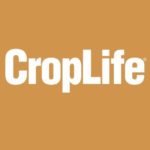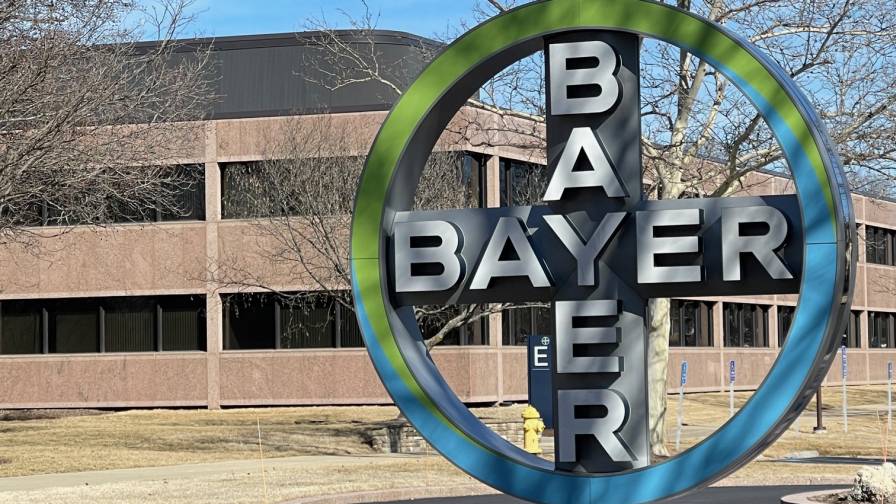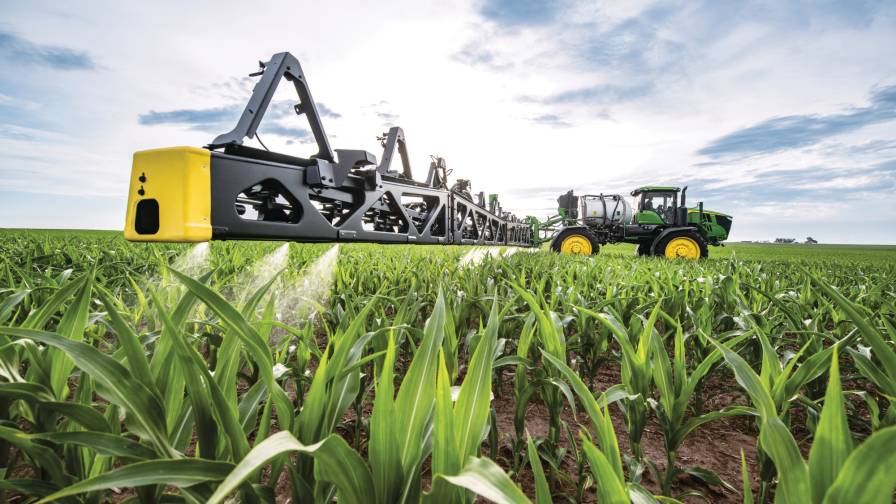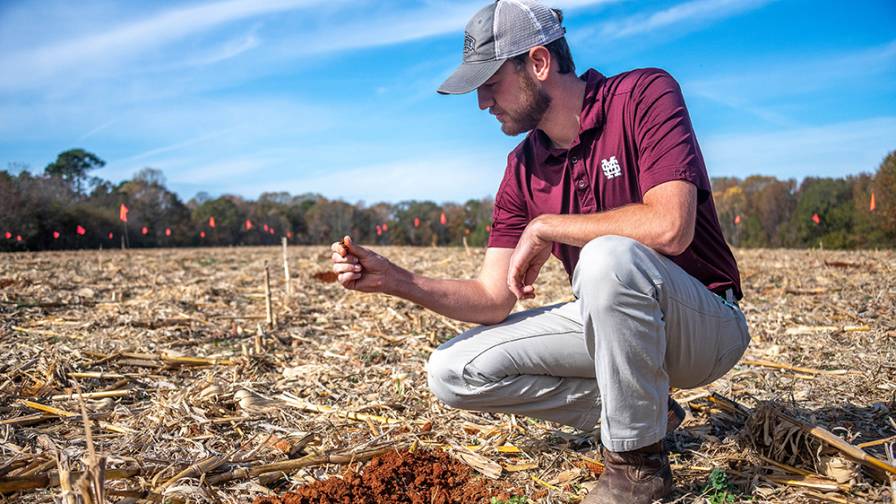Pioneer Buys Majority Share Of South African Seed Rival
Pioneer Hi-Bred is moving to boost its market clout in Africa by buying a majority share of South Africa-based competitor Pannar Seed Ltd.
Pioneer, a Johnston, IA-based unit of DuPont, and biotech rival Monsanto already each has a major presence in South Africa, the continent’s largest producer of corn. The deal with privately held Pannar will give Pioneer access to more germplasm, the genetic pool it uses for breeding. Pannar will get the use of Pioneer’s advanced breeding technologies and biotech research, officials with the companies said.
Terms of the deal were not disclosed.
“You end up with a large combined germplasm pool that’s suitable not only for South Africa but further afield,” says Deon Van Rooyen, managing director of Pannar.
The deal would double Pioneer’s African seed business, which accounts for less than 5 percent of the company’s sales, Pioneer president Paul Schickler says.
“We really look at this as a great opportunity to leverage the uniqueness of their (Pannar’s) genetic background, combined with Pioneer’s global genetic library,” Schickler says.
Pannar has about one-third of the corn seed market in South Africa, says Van Rooyen, while Pioneer claims about 30 percent.
Pannar has operations in several other southern and eastern African countries, including Kenya, Tanzania, and Zimbabwe, where maize is a staple food crop, and in Argentina. Pannar also has a small presence in the U.S., focused on the Dakotas and Minnesota, having purchased a South Dakota-based seed company about 10 years ago.
The deal is expected to be finalized early next year, pending regulatory approval in South Africa and other countries where the firms do business. Pannar’s management, employees, facilities and brands will be retained, Pioneer says.
Biotech corn seed varieties produced by Pioneer and Monsanto are popular with farmers in South Africa, which is the only sub-Saharan country that has commercialized a genetically engineered food crop.
A few other countries, including Kenya, have been developing regulations necessary to commercialize biotech corn varieties, but it’s not clear when those products will be approved.
Schickler sees “strong movement” toward commercialization of biotech products but says Pioneer can still do well selling only conventional varieties. “We can not only contribute to productivity but also make a very good business with conventional products,” he says.
Van Rooyen says Africans’ interest in biotechnology will increase when traits such as drought tolerance and nitrogen efficiency are available. “A lot of the countries have to get their regulatory side in order,” he said.
Corn acreage in South Africa has been shrinking, but yields and production have risen sharply in recent years, in part because of the biotech seeds that make the plants toxic to a costly insect pest, according to USDA analysts. Yields are up 50 percent from the 1990s.
(Source: DesMoinesRegister.com)






